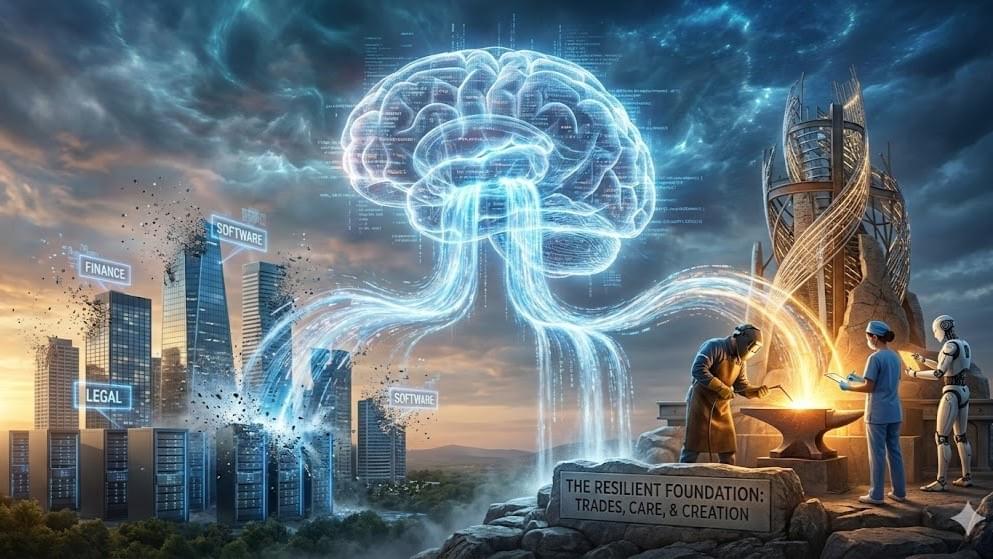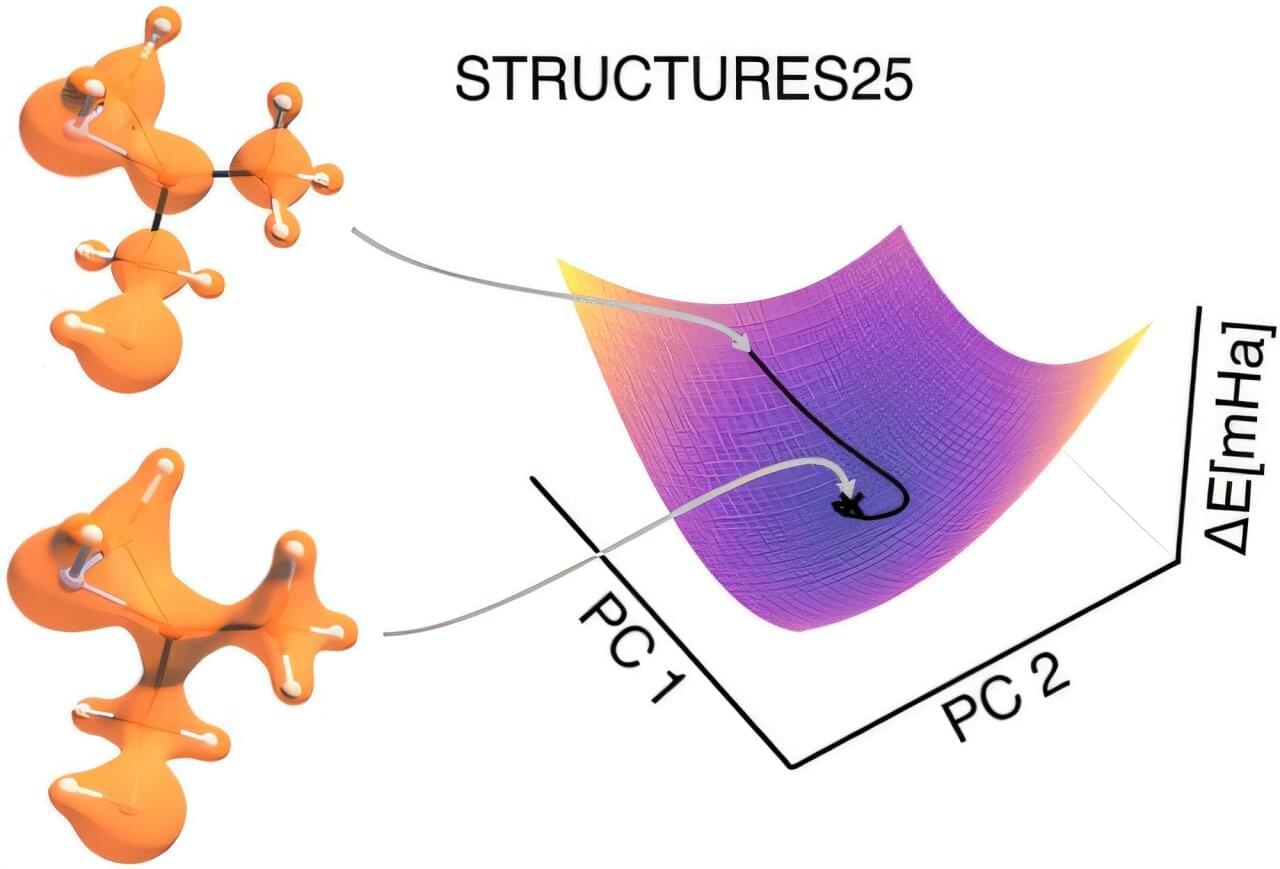I am asking you for a report of no more than 3,000 words with deep analysis of which global sectors are likely to be most and least disrupted by Artificial Intelligence.
The following report and images are the Gemini output from the prompt I entered…
Sectoral Disruption and Economic Resilience 2026 I read the Deutsche Bank report, then ran the prompt against the latest version of Google Gemini 3 Pro. I didn’t have all their criteria, so I entered the basic prompt they had utilized.








